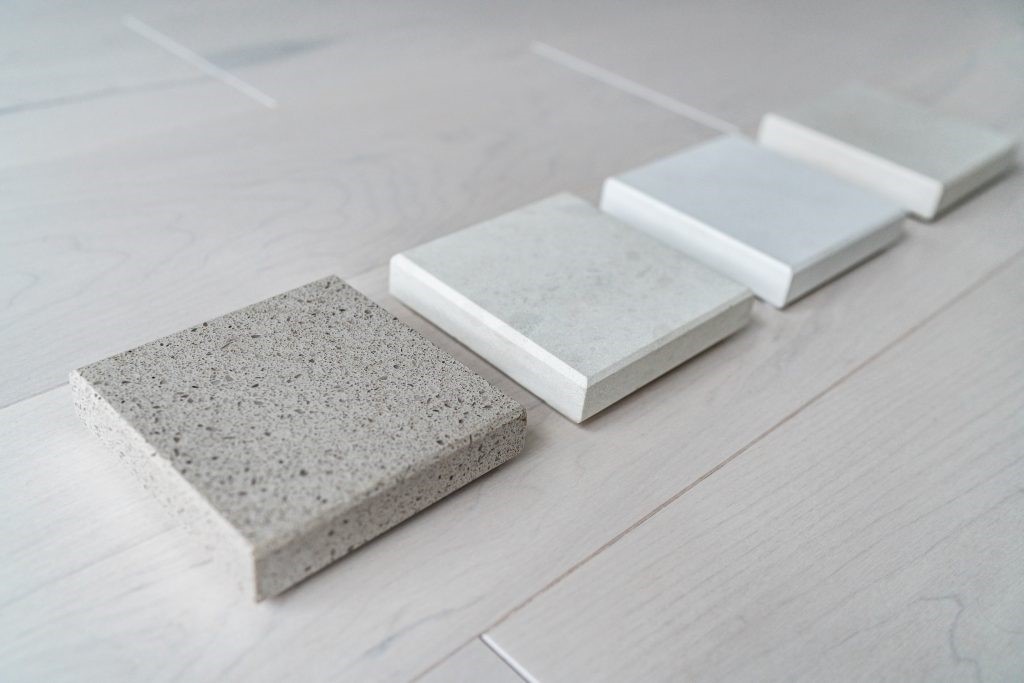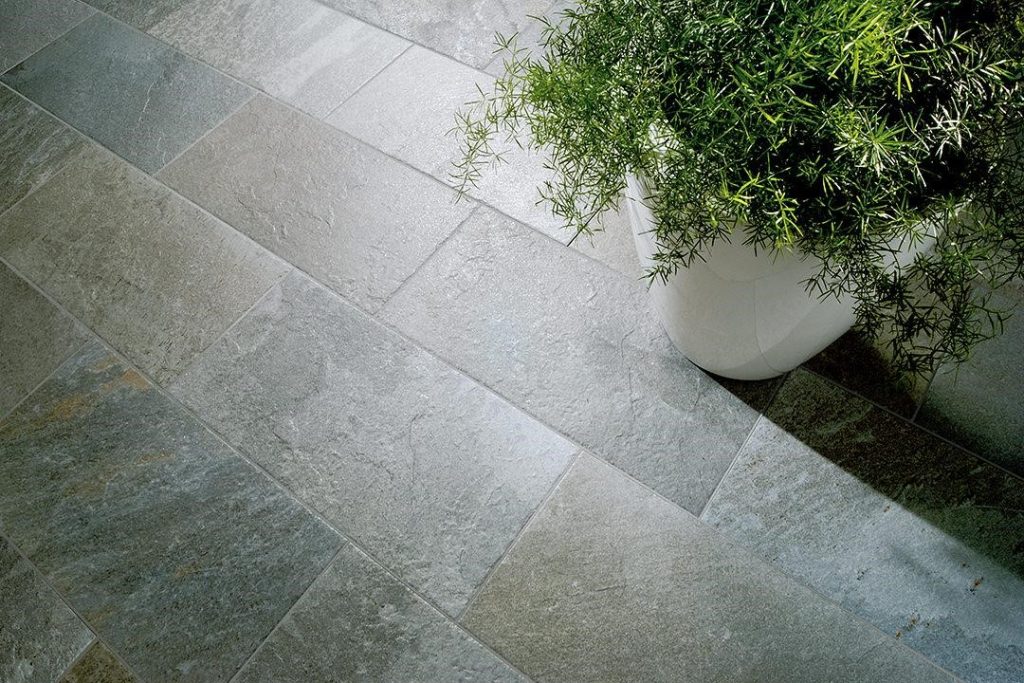Quartz tiles are some of the most popular and widely used tiles in modern homes and buildings. But with so many types of tile to choose from, it can be difficult to find the right one that meets your needs and budget. Not only that, but there are several factors you need to consider before making this decision. This guide will go over everything you need to know about quartz tiles, including what they are, how they’re used, and what they can offer your space or project.
Quartz, or silica (SiO2), is a mineral and one of several forms of crystalline oxide. It’s made up of an element called silicon and oxygen atoms that arrange themselves in a particular crystal structure. Quartz comes in many colors and varieties; we often use quartz as a catch-all for any white or translucent form. When it comes to tiles, however, quartz is typically white or grey with little color variation due to its purity.
Does quartz come in tiles?

Absolutely. Quartz tiles are available in tons of styles, sizes and finishes, so you can select a piece that fits your home’s décor. They come in different shapes—including hexagons, octagons and diamonds—and they offer an array of color options. Plus, quartz is a very durable tile material, so it’ll stand up well to even tough wear and tear. You may want to consider quartz countertops as well for a total redesign of your kitchen or bathroom.
Where We Can Use Quartz Tiles?

Kitchen flooring, bathroom flooring, interior wall cladding, outdoor cladding or exterior wall tiles, swimming pool tiles or mosaics. Quartz tiles can be used for just about anything you’d use ceramic or porcelain for. It is even being considered for use on kitchen countertops due to its low-maintenance qualities. Not only are quartz products easier to maintain than other materials and longer lasting (many can last up to 20 years), but it is also a cost-effective material.
Are quartz floor tiles good?

The first thing you need to do is determine if your floor tiles will be installed inside or outside. If you plan on installing them outside, as a patio or swimming pool surround, make sure they are rated for outdoor use. In general, quartz tiles are durable enough for both indoor and outdoor use—so these two uses aren’t mutually exclusive. But since sunlight can erode some of the chemical compounds in ceramics over time, experts typically recommend using non-quartz tile outdoors. Also note that if you install your tile over an existing concrete slab, there should still be at least one inch of space between it and adjacent walls because concrete can crack when wet—and unfortunately, ceramic tile isn’t always impervious to water either.
Benefits of Using Quartz Tile
Compared with other tiles, quartz tile has many advantages. Firstly, quartz is available in a large selection of colours and styles which range from antique white to a rich mahogany. Secondly, quartz is a very durable material and can withstand lots of daily wear and tear. These tiles are scratch-resistant making them perfect for households with kids or pets. In addition, thanks to their frost-resistance they can also be used outside. In terms of maintenance, it’s important to understand that even though quartz looks luxurious it doesn’t mean you should use any cleaning product on it. This particular type of tile requires mild cleaning solutions. It’s also important not to scrub hard while cleaning as you might end up scratching it. Overall, because of its durability and easy maintenance requirements, experts recommend using quartz tiles in areas prone to a lot of traffic such as kitchens and living rooms. If you want more details then check the quartz tiles guide by tieic ceramic.
Disadvantages Of Using Quartz Tile
Quartz is not much commonly used in tile flooring compared to other materials. One of the main reasons behind it is, it’s not economical at all. It is highly expensive. As compared to other tiles, quartz tiles have high maintenance costs which you have to pay every month for many years. Moreover, if you are planning on installing your kitchen or bathroom with quartz tile flooring, then you are going to spend much more money. If your budget is limited, then it’s better to opt for other tiles that offer similar look and feel but don’t hurt your pocket.
How much do quartz tiles cost?
Before purchasing quartz tiles, it’s wise to get a quote. Be sure to speak with several contractors and compare prices before finalizing your purchase. Some contractors will charge more for installation while others might have higher prices on materials. It’s also important to request an itemized list of costs so you know exactly what you’re paying for. A typical cost breakdown includes 20% on material, 30% on labor, and 50% on installation.
Buying Tips For Your Next Project

When it comes to purchasing new quartz tiles, there are a few things you should keep in mind. The design of your space, amount of space you have, cost, maintenance and quality are all important factors that will help guide your final decision. Read on for more information about purchasing quartz tiles.
1. Consider Your Budget The first thing you need to do is determine how much money you’re able or willing to spend… You can use tile calculators to get estimates of costs.
2. Choose Which Area Of Your Home You Want To Update Once you know how much money is available, then decide which room or area of your home that needs a facelift with a fun new tile floor. Do some research online if possible so that you can get an idea of what works best with different styles and color schemes…
3. Think About Maintenance When shopping for quartz, be sure to choose one that requires little-to-no upkeep like less grout lines…
4. Think About Quality One big reason people love getting brand new tile floors is because they come with such incredible warranties; those warranties protect against breakage and also make swapping damaged pieces an easy fix for any homeowner who might run into issues down…
5. Keep In Mind Allergies And Usage Habits Lastly, think about allergies and usage habits when choosing a certain type of tile. Some homeowners use spaces very sparingly—think powder rooms or small kitchens—whereas others opt for super durable products that don’t scratch easily but tend to cost a bit more…